PROPAFENONE - ORAL
PHONETIC PRONUNCIATION: (pro-puh-FEN-own)
COMMON BRAND NAME(S): Rythmol
GENERIC NAME(S): propafenone HCl
Uses
USES: This medication is used to treat certain types of serious (possibly fatal) irregular heartbeat (such as paroxysmal supraventricular tachycardia and atrial fibrillation). It is used to restore normal heart rhythm and maintain a regular, steady heartbeat. Propafenone is known as an anti-arrhythmic drug. It works by blocking the activity of certain electrical signals in the heart that can cause an irregular heartbeat. Treating an irregular heartbeat can decrease the risk for blood clots, and this effect can reduce your risk of heart attack or stroke.
How to use PROPAFENONE - ORAL
HOW TO USE: Take this medication by mouth with or without food, usually every 8 hours or as directed by your doctor. Dosage is based on your medical condition and response to treatment. Use this medication regularly to get the most benefit from it. To help you remember, take it at the same times each day. Avoid eating grapefruit or drinking grapefruit juice while using this medication unless your doctor or pharmacist says you may do so safely. Grapefruit can increase the chance of side effects with this medicine. Ask your doctor or pharmacist for more details. Tell your doctor if your condition does not improve or if it worsens.
Side Effects
Precautions
Interactions
Overdose
Images
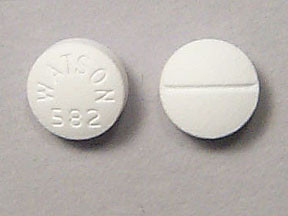
- color
- white
- shape
- round
- imprint
- WATSON 582
Reviews
Faq for PROPAFENONE - ORAL
Propafenone is an oral medication that belongs to the class of antiarrhythmics. It is used to treat certain types of irregular heart rhythms (arrhythmias) and to maintain a normal heart rhythm in people with atrial fibrillation or atrial flutter.
Propafenone works by blocking certain electrical signals in the heart that can cause irregular heartbeats. It helps to restore and maintain a normal heart rhythm.
Common side effects of Propafenone include dizziness, nausea, vomiting, stomach pain, constipation, headache, fatigue, and changes in taste or metallic taste in the mouth. It is important to inform your doctor if any of these side effects persist or worsen.
It is not recommended to use Propafenone during pregnancy unless clearly needed. It may harm the unborn baby. It is also not known if Propafenone passes into breast milk, so it is important to consult with your doctor before using this medication while breastfeeding.
Alcohol may increase the side effects of Propafenone such as dizziness or drowsiness. It is advisable to avoid or limit the consumption of alcohol while taking this medication.
Propafenone should be taken exactly as prescribed by your doctor. It is usually taken by mouth with or without food. The dosage and frequency will depend on your medical condition and response to the treatment. Do not stop taking Propafenone suddenly without consulting your doctor.
Yes, Propafenone can interact with other medications, including certain antiarrhythmics, beta-blockers, calcium channel blockers, antidepressants, antifungal medications, and certain antibiotics. It is important to inform your doctor about all the medications you are taking to avoid any potential drug interactions.
Yes, regular monitoring is important while taking Propafenone. Your doctor may perform electrocardiograms (ECGs) or other tests to evaluate the effectiveness of the medication and to monitor for any potential side effects or changes in your heart rhythm.
Propafenone can help control and maintain a normal heart rhythm, but it is not a cure. It is important to continue taking the medication as prescribed by your doctor even if you feel better.
Warning
WARNING: Though this medication often gives great benefits to people with irregular heartbeat, it may rarely cause a serious new irregular heartbeat. Therefore, when starting treatment with this drug, your doctor may recommend that you stay in the hospital for proper monitoring and emergency medical treatment if needed. Talk with your doctor about the benefits and risks of taking this medication.
Disclaimer
IMPORTANT: HOW TO USE THIS INFORMATION: This is a summary and does NOT have all possible information about this product. This information does not assure that this product is safe, effective, or appropriate for you. This information is not individual medical advice and does not substitute for the advice of your health care professional. Always ask your health care professional for complete information about this product and your specific health needs.
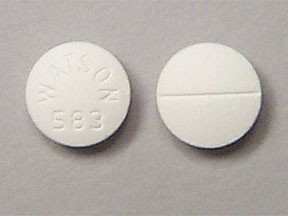
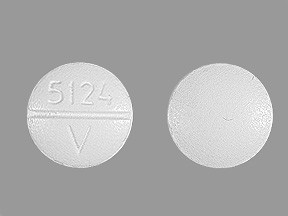
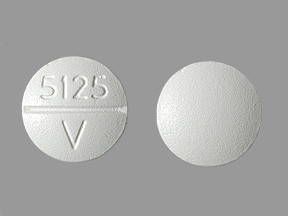
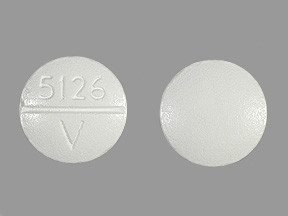
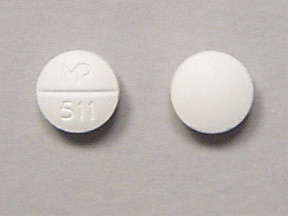
No Reviews Yet